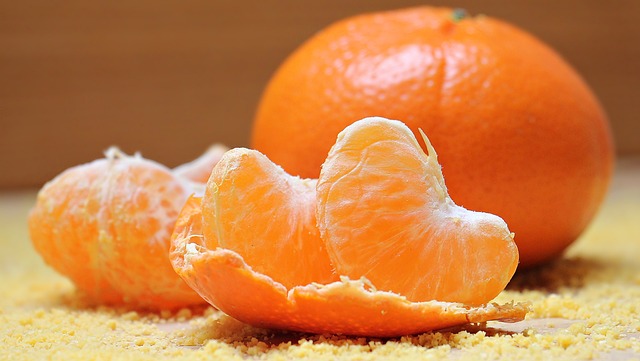The Power of Probiotics: Unleashing Your Gut’s Superheroes
In recent years, there has been a growing fascination with the role of gut health in our overall well-being. Numerous studies have shown that maintaining a healthy gut is crucial for not only digestion but also immune function, mental health, and even weight management. One key component in promoting gut health is the consumption of probiotics, which are often referred to as the gut’s superheroes. Let’s delve deeper into the world of probiotics and discover the incredible power they hold.
What are Probiotics?
Probiotics are live microorganisms that, when consumed in adequate amounts, offer health benefits to the host. These beneficial bacteria can be found naturally in certain foods or can be taken as supplements. The most common types of probiotics belong to the Lactobacillus and Bifidobacterium genus.
The Gut Microbiota: Your Inner Ecosystem
Did you know that your gut is home to trillions of microorganisms? These microorganisms, collectively known as the gut microbiota, play a vital role in maintaining your overall health. A healthy gut microbiota is characterized by a diverse and balanced community of bacteria, but various factors such as stress, poor diet, antibiotics, and infections can disrupt this delicate ecosystem.
This is where probiotics come to the rescue. By introducing beneficial bacteria into your gut, probiotics can help restore and maintain a healthy balance within the microbiota.
The Health Benefits of Probiotics
Probiotics offer a wide range of health benefits that go beyond just improving gut health.
1. Enhanced Digestion
Probiotics aid in the breakdown and absorption of nutrients, ensuring optimal digestion. They can alleviate symptoms of common digestive disorders such as irritable bowel syndrome (IBS), constipation, and diarrhea. Additionally, probiotics can help prevent and treat antibiotic-induced diarrhea, which is a common side effect of antibiotic use.
2. Boosted Immune System
Did you know that around 70% of your immune system resides in your gut? Probiotics play a crucial role in regulating the immune response by maintaining a healthy gut barrier and preventing the growth of harmful bacteria. Regular consumption of probiotics can help reduce the risk of infections, allergies, and autoimmune diseases.
3. Improved Mental Health
Recent studies have highlighted the strong connection between the gut and the brain, often referred to as the gut-brain axis. Probiotics can positively influence this axis by producing compounds that benefit brain health and regulating neurotransmitter production. As a result, probiotics have shown promise in reducing symptoms of anxiety, depression, and stress.
4. Weight Management
Although more research is needed in this area, some studies suggest that certain probiotic strains may aid in weight management. Probiotics can potentially help reduce body weight, fat mass, and waist circumference. They may also affect appetite and metabolism, contributing to a healthier body composition.
How to Incorporate Probiotics into Your Diet
Adding probiotics to your diet doesn’t have to be complicated. Here are some simple ways to incorporate them into your daily routine:
1. Yogurt and Fermented Foods
Yogurt is one of the most well-known sources of probiotics. Opt for plain yogurt with live and active cultures to maximize your probiotic intake. Additionally, fermented foods like sauerkraut, kimchi, and kefir are excellent choices.
2. Probiotic Supplements
If you’re unable to consume enough probiotic-rich foods, supplements are a convenient alternative. Make sure to choose high-quality supplements from reputable brands.
3. Prebiotic Foods
Prebiotics are non-digestible fibers that serve as food for probiotics. Incorporate prebiotic-rich foods like onions, garlic, bananas, and oats into your diet to support the growth and activity of probiotics in your gut.







